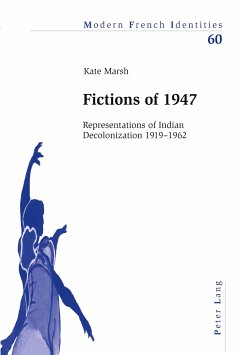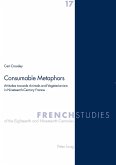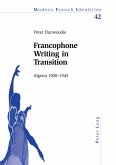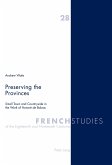The end of the British Raj, and the creation of the two states of India and Pakistan in August 1947, is a recognizable narrative within British Anglophone culture and colonial history. In contrast, the persistence of the five French trading posts, or comptoirs, on the Indian subcontinent until 1954 remains largely ignored by both French and British historians of French colonialism and the popular culture of the Hexagone. In examining metropolitan French-language representations of Indian decolonization, this book demonstrates the importance of the British imperial loss in 1947 as a reference point within French cultural production. The critical investigation into the strategies of representation used problematizes existing Anglophone theoretical models, by critics such as Said, Bhabha and Spivak, for the analysis of colonial discourse. It reveals that French-language representations of Indian decolonization cannot be fully appreciated without engaging methodologically with France's politically subordinate status in India. The book thus challenges the commonly accepted binary between colonizer and colonized, proposing in its place a triangular model composed of the colonized (India), the 'subaltern' colonizer (France), and the dominant colonizer (Britain).
Through a systematic critical evaluation of the range of texts (journalistic, intellectual, political, and literary) produced in metropolitan France by authors such as Romain Rolland, Jean Rous, Hélène Cixous, Catherine Clément and Marguerite Duras, the book challenges the current postcolonial orthodoxy that the story of Indian decolonization is solely an Anglophone space.
Through a systematic critical evaluation of the range of texts (journalistic, intellectual, political, and literary) produced in metropolitan France by authors such as Romain Rolland, Jean Rous, Hélène Cixous, Catherine Clément and Marguerite Duras, the book challenges the current postcolonial orthodoxy that the story of Indian decolonization is solely an Anglophone space.









